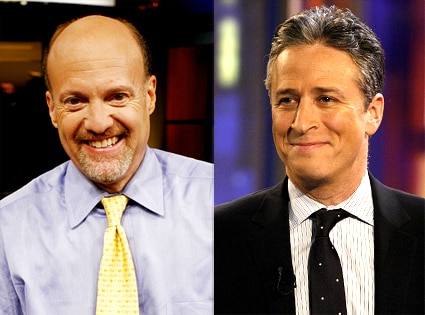 Given the death of someone in the news while skiing this week, I was able to find numbers on what I have been looking for that justify my suspicion: use of helmets by skiers has increased dramatically recently.
Given the death of someone in the news while skiing this week, I was able to find numbers on what I have been looking for that justify my suspicion: use of helmets by skiers has increased dramatically recently.
When I first started skiing yearly in 2003, the only people I saw wearing helmets were two of the other three people skiing with me. I was acutely conscious of this and other equipment/fashion trends on the slopes, as I literally had almost no idea how warmly to dress, what good or bad equipment was (save determined by price), etc.
We adopted helmet use for our 2007 trip, and intend to continue it for the foreseeable future. I’ve put a lot of money into making my head smarter, I should protect that investment.
This year, on our trip to Steamboat Mountain, helmets were far more common than I’ve ever seen. The quote below from a CNN article helps justify that sentiment.
Forty-three percent of U.S. skiers and boarders wear helmets, according to a 2008 survey by the National Ski Areas Association, the trade group that represents ski resorts as well as ski gear manufacturers. That’s up from 25 percent in 2003.
Looks like it will be a banner year for the ski helmet manufacturers and distributors.

 Given the death of someone in the news while skiing this week, I was able to find numbers on what I have been looking for that justify my suspicion: use of helmets by skiers has increased dramatically recently.
Given the death of someone in the news while skiing this week, I was able to find numbers on what I have been looking for that justify my suspicion: use of helmets by skiers has increased dramatically recently. I’ve practically grown up with the business news channel
I’ve practically grown up with the business news channel